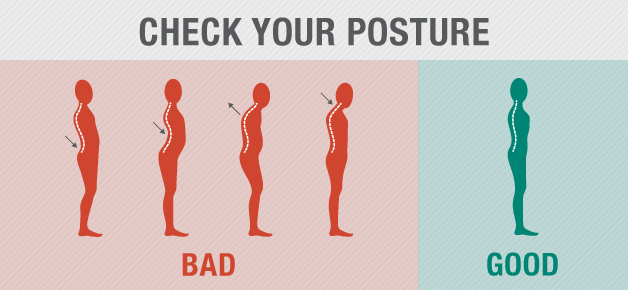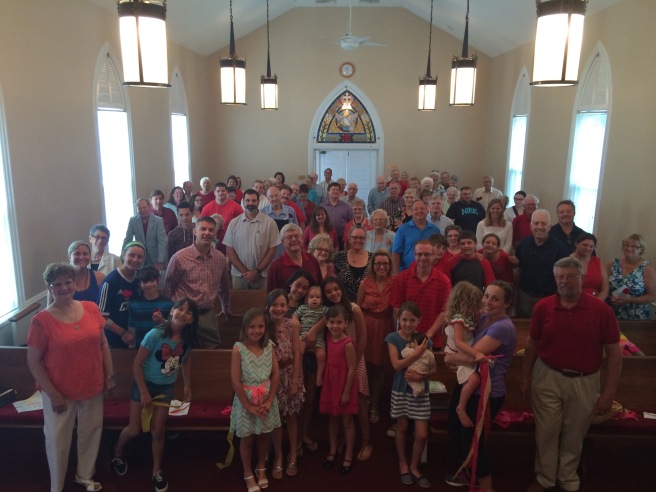Isaiah 55:1-9
Ho, everyone who thirsts, come to the waters; and you that have no money, come, buy and eat! Come, buy wine and milk without money and without price.
Why do you spend your money for that which is not bread, and your labor for that which does not satisfy?
Listen carefully to me, and eat what is good, and delight yourselves in rich food. Incline your ear, and come to me; listen, so that you may live.
I will make with you an everlasting covenant, my steadfast, sure love for David. See, I made him a witness to the peoples, a leader and commander for the peoples.
See, you shall call nations that you do not know, and nations that do not know you shall run to you, because of the Lord your God, the Holy One of Israel, for he has glorified you.
Seek the Lord while he may be found, call upon him while he is near; let the wicked forsake their way, and the unrighteous their thoughts; let them return to the Lord, that he may have mercy on them, and to our God, for he will abundantly pardon.
For my thoughts are not your thoughts, nor are your ways my ways, says the Lord. For as the heavens are higher than the earth,so are my ways higher than your ways and my thoughts than your thoughts.
Luke 4:1-13
Jesus, full of the Holy Spirit, returned from the Jordan and was led by the Spirit in the wilderness, where for forty days he was tempted by the devil. He ate nothing at all during those days, and when they were over, he was famished. The devil said to him, “If you are the Son of God, command this stone to become a loaf of bread.” Jesus answered him, “It is written, ‘One does not live by bread alone.’”
Then the devil led him up and showed him in an instant all the kingdoms of the world. And the devil said to him, “To you I will give their glory and all this authority; for it has been given over to me, and I give it to anyone I please. If you, then, will worship me, it will all be yours.” Jesus answered him, “It is written,‘Worship the Lord your God, and serve only him.’”
Then the devil took him to Jerusalem, and placed him on the pinnacle of the temple, saying to him, “If you are the Son of God, throw yourself down from here, for it is written, ‘He will command his angels concerning you, to protect you,’ and ‘On their hands they will bear you up, so that you will not dash your foot against a stone.’”
Jesus answered him, “It is said, ‘Do not put the Lord your God to the test.’” When the devil had finished every test, he departed from him until an opportune time.
![]()
What does it mean to “have faith”?
It can be quite easy to convince ourselves that faith is something we have to be or do on our own. We look at Jesus in the desert, and we see him stand up to Satan and we wonder—is that what faith looks like? Is that how I am supposed to be in order to be faithful?
In Luke 4, for example, we see Jesus wandering in the desert, being tested multiple times by Satan, the accuser (think of him as the prosecuting lawyer). And Jesus is out there, alone, and the accuser shows up and offers him all sorts of things in exchange for his allegiance. Food, Power, you name it—Jesus can have whatever he wants if he just rejects God.
Before we make any other observations, I think one thing we can learn from Jesus in this moment is that, if nothing else, faith looks an awful lot like an endurance sport. It is an exercise in building up our Spiritual Muscles, so that you can become capable of seeing where God is at work in the world, and where God isn’t. And that takes practice. That requires self-control. That requires good posture.

How many of us got our posture checked when we were in kids? I remember when I was in elementary school the local nurses’ association came through and checked everyone’s posture and alignment. They were looking for signs of trouble—early detection of scoliosis was a big thing then, and they could see whether you were at risk by evaluating your posture. Of course, plenty of us didn’t have scoliosis, but most of us definitely had poor posture. And the nurses, bless their hearts, would remind us that posture matters—that we needed to practice good posture, because good posture turns out to be really good for your health—studies today show that good posture supports overall muscle and skeletal health. And poor posture, it turns out, can create all sorts of problems.
So if faith is about good posture, then how do we get it? Two places:

The first way that we can develop a good faith posture is by learning how to recognize God. We need to learn how to trust that God is who God says God is. And we can begin to figure that out by opening our bibles, and learning about what God’s vision for us looks like.
Visions like Isaiah 55, which say:
Come, all you who are thirsty, come to the waters;
And you that have no money, come, buy and eat!
Come, buy wine and milk without money and without cost.
Notice what God does not say: “Come, you who are powerful, you who are worth billions and own your own jet. God does not say, “Come, all you who follow this religion, or speak that language, or come from this particular part of the world.” God does not say, “Come, you who are beautiful, or popular, or successful.”
No, God just says, “come, all who are hungry and thirsty.”
We who desire a good posture towards God need to hear what God is saying: that we have put our faith in a Creator who envisions a kingdom in which those who are hungry, those who are thirsty are fed. We have put our faith in a God who doesn’t build walls to keep people out—instead he breaks down the barriers so that as many as possible may enter.
And as we seek to build up our endurance, our posture, we must take the time to ask ourselves: what does this mean? How does God’s Word convict me? What is God asking me to do?
If the Kingdom of God looks like a banquet that is open to everyone who is thirsty or hungry, with not other restrictions—are we willing to come? Will we show up? Will we share the invitation with others?
Or do we prefer exclusive gatherings? You know, those parties with the carefully curated guest list, where simply being invited makes you feel special?
The problem with seeing faith in a certain way—in seeing faith as some sort of personal achievement—is that sometimes we start telling ourselves that we know what the rules are—we start making statements of faith that we imagine are universal. And we begin to exclude those who don’t fit our criteria. But God has only two criteria: hunger and thirst.
The real irony here is that God doesn’t exclude anyone from the Kingdom—more often, we exclude ourselves. By our insisting that there is some place that we would rather be. By turning down the open invitation, either it is because we want control over the menu, the guest list, or the seating chart. We tell ourselves that the limits we prefer protect the party, but God just wants the people to eat.
It turns out faith is not unlike an open door that we choose to walk through, or an invitation that we choose to keep. Faith is what happens when we accept the invitation, with our lives, and let go of the need to control what is on the other side of the door, or what the party will look like. It is being open to the surprise of what God has in store for us, and trusting that whatever it is, it will be good. Because God will be in it.
Which means that faith isn’t a list of “I believes;” it is the practice of trusting in God. Faith is a posture of openness.
And that takes practice. Like good posture or good athletic health, we have to work at it every day. Every day we are faced with the choice again, just as Jesus is in the wilderness: will I succumb to the temptations of this world, or will I choose God, choose the Kingdom, choose the banquet God has set for me and all who hunger for God?

Now there is a second way in which we learn good posture, and that is this: we learn from each other. Every time we gather together, every time we choose community over isolation, we give ourselves the opportunity to learn what it means to have faith in God. When we spend time with a little person, or an older person, or anyone in between, because we choose to be here instead of somewhere else—we learn about how to love Jesus. When we give freely of our time, our hospitality, and our compassion, to be with someone who is suffering, grieving, or rejoicing, and do not count the cost—we learn what it means to be a servant like Christ. When we take the time to learn about teen homelessness, or food insecurity, or poverty, from other people of faith, and struggle together with how to be the face of compassion in a suffering world—we are building a posture of faith.
It is something that we do better together. Because alone, we aren’t Jesus. But together, we are the body of Christ. And the Body of Christ together has the power to withstand the forces of darkness, those who would demean, belittle, and dis-empower the people of God. The Body of Christ can endure the slings and arrows of hatred and violence, wherever it may be found. The Body of Christ can stand as beacon of God’s light for the powerless, the vulnerable, those who hunger and thirst for righteousness.
All that is required for us to stand—Together.
To learn—together.
To love—together.
To resist—together.
Because that is the power God has given us.
Let us together be a people of faith such as this.
